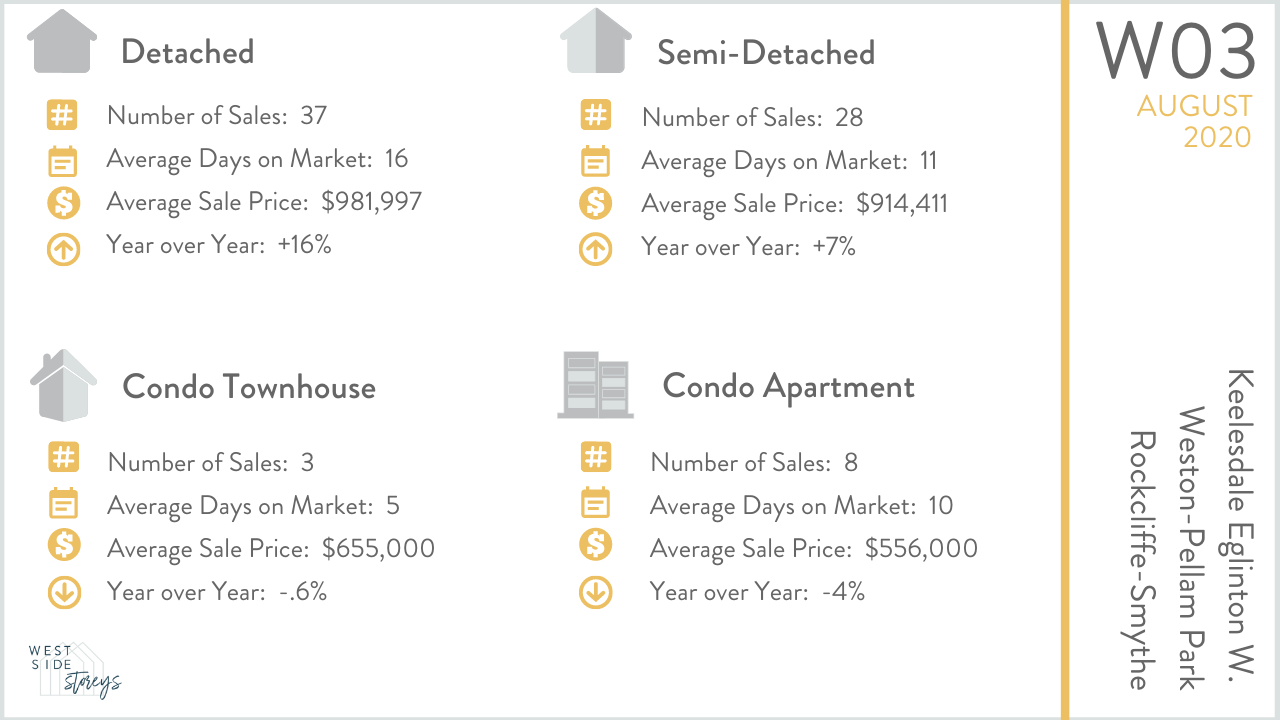We teamed up with Delmanor Prince Edward to provide a free information session on the benefits of downsizing and why it is important to be proactive about the process of downsizing your home. Some of our favourite clients have been those who have been downsizing from their current home to a smaller, more manageable home or condo, a family suite in a family member’s home or to a retirement residence. We love taking the time to guide these clients through this big life transition and help them to start this new chapter in their lives.
Many of these clients have been in their homes for decades and some as long as half a century. These clients endear themselves to us with their stories about how the neighbourhoods have changed, the neighbours who have come and gone, the home renovations they have undertaken and the families they have raised within the walls of these homes. We are honoured and grateful to take this journey with them and consider it a privilege to play a part in this transition.
Downsizing can be an overwhelming and emotional process, which is why it is important to be proactive and have a solid plan in place. However, there are many upsides to downsizing and here are a few of the clear benefits.
A more manageable space
Some of these clients are in their 70’s, their children have long left home and they are finding that they either don’t want to or can’t manage the responsibilities of maintaining a house any longer. These clients require special attention because most have not moved for many years, they often have accumulated decades worth of belongings that need to be sorted and organized, and it is common for them to feel overwhelmed by the process and all the decisions that need to be made. However, once they have made the move to a smaller home, condo or retirement community, they find the space to be much more manageable and they will often experience the added benefit of a wider social network as well!
financial freedom
Not everyone considers downsizing later in life, some other motivating factors can be a need to reduce household expenses or pursue a simpler lifestyle, a divorce, an empty nest or the desire to reduce responsibilities in order to enjoy more financial freedom and travel. Downsizing can free up finances to allow for more options such as travel, gifting money to loved ones or pursuing new activities and hobbies. Regardless of the reason or motivation, the process is similar for everyone and requires compassion, sensitivity and proactive planning.
minimalism
We take a very thoughtful approach to the downsizing process and are sensitive to the many emotional components that this transition can trigger. Dealing with items belonging to family members who have passed away, engaging grown children in the downsizing process, getting rid of sentimental items that no longer fit or serve and dealing with estates or the division of assets are just a few of the unique obstacles that we need to consider and navigate. Once the process is complete however, there is a certain freedom that comes with owning less ‘stuff’ which can open up possibilities that were not previously a consideration.
choices
Being proactive about downsizing provides the time to research what the next best step is and weigh the pros and cons of each option. You are in a far better position to make the best decision for you if you start the process early, as opposed to being in a situation where you are forced to make decisions quickly and without forethought. With these considerations in mind, we often suggest beginning this process far in advance of the proposed move in order to avoid undue stress and overwhelm. We sit down with our clients and map out a detailed plan of how to get them from where they are to where they want to go, and implement a timeline and provide resources to help get them there.
the luxury of time
With less space to manage, this not only frees up finances but something equally as valuable, time. Without lawns to mow or big homes to clean, our clients find that they have more time to spend with friends and family, travel and pursue interests that they didn’t have time for previously.
Social Life
We touched on this earlier, but it is important to consider the social aspect of downsizing, particularly if you are currently living alone. If a condo or retirement community is your best next step, there are often many organized group activities, exercise classes, movie nights and outings, which provide opportunities to socialize and make new friends.
Health & Safety
The increased social interaction alone can improve quality of life, but if your current home has safety risks such as stairs, or if you find that you need some amount of care or supervision, downsizing can certainly help not only improve the quality of your life, but extend it as well.
You can find more details about how we approach the downsizing process on our downsizing services page. If downsizing is something you are considering but don’t know where to start, we would be happy to sit down with you and chat through your options. With a good plan and an experienced team behind you, downsizing doesn’t have to be overwhelming and can open you up to a world of possibilities!





































